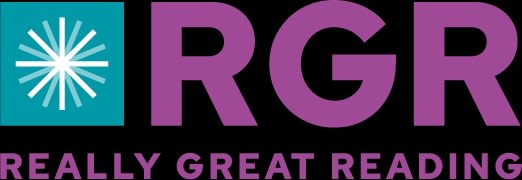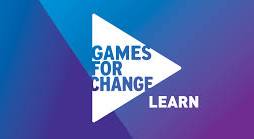Dive Brief:
- The new PwC report "Bridging the Financial Literacy Gap: Empowering teachers to support the next generation" found many teachers believe financial literacy should start as early as elementary school, but most don't feel comfortable teaching it.
- Four primary barriers exist, according to the report: teachers say they lack appropriate curriculum, qualifications and take-home materials to teach financial literacy, and financial education isn’t seen as a critical skill for college and career readiness.
- Millenial teachers are twice as likely to seek funding for missing materials as their more seasoned counterparts.
Dive Insight:
In an environment in which all of the emphasis is on college and career readiness, many skills that are being regarded as nonessential are falling by the wayside. Still, many experts and financial literacy educators say that it's important to reach students early and often, and that K-12 schools are the right starting point. Research from the Program for International Student Assessment (PISA) exam previously showed more than one-sixth of American 15-year-olds didn't meet basic proficiency benchmarks in the financial literacy.
Last year, a surge in the number of high schools requiring financial literacy courses for graduation was reported. The number of middle and elementary schools tackling the subject also increased, with some offering suggestions for teachers on how to better integrate the subject into curricula.
PwC previously partnered with MIND Research Institute and provided a multi-million dollar grant from its PwC Charitable Foundation to create game software that teaches students how to be smart with their money. That initiative included another partnership with the magazine "Time for Kids" in order to launch a new money management magazine, "Your $," aimed at fifth and sixth graders. The 4-page mini-mag covered budgeting, investing and taxes.
Some states have taken the issue more seriously than others. Arizona, for example, has passed legislation dictating that schools will now be required to teach financial literacy skills, but granted them the flexibility to create curricula.




 Dive Awards
Dive Awards







